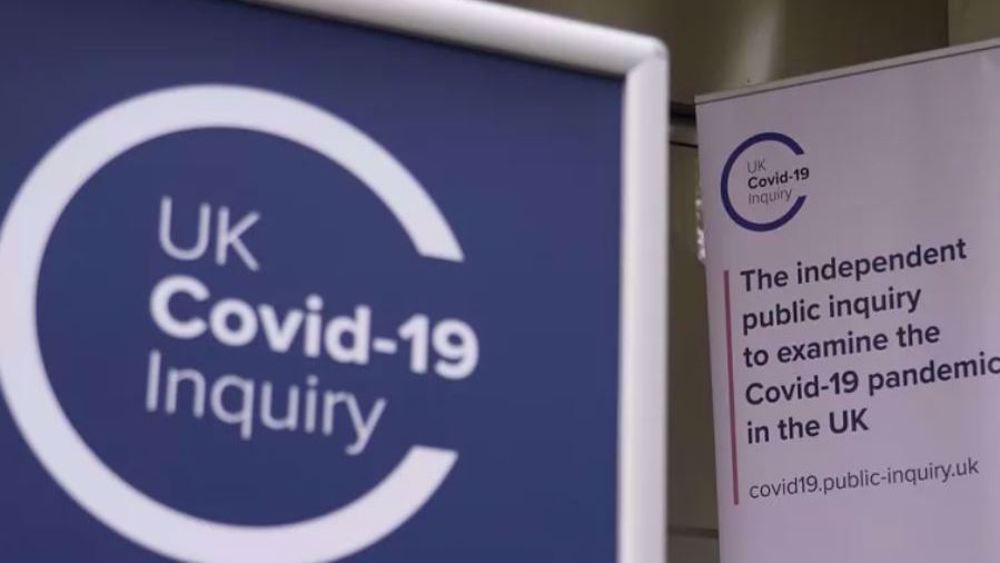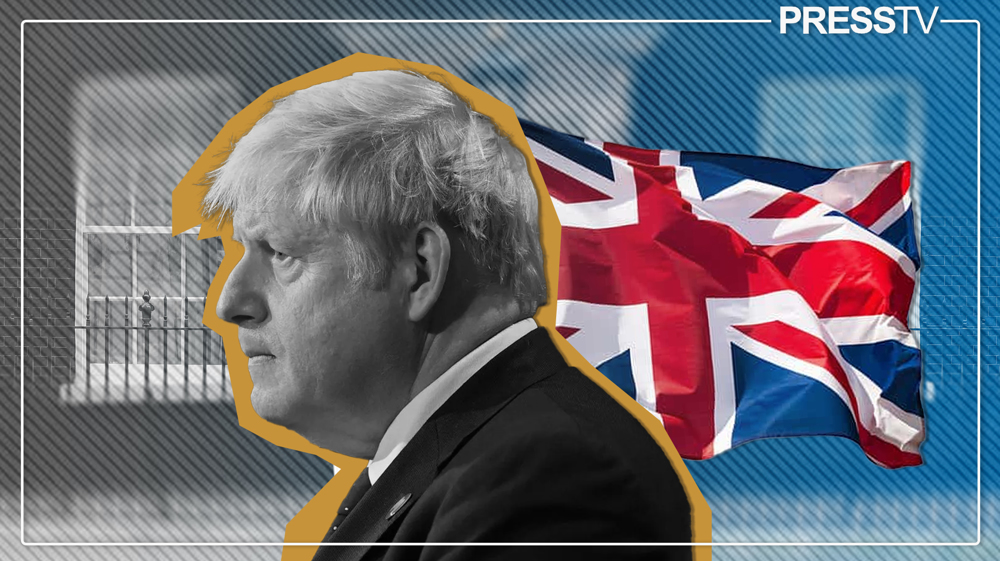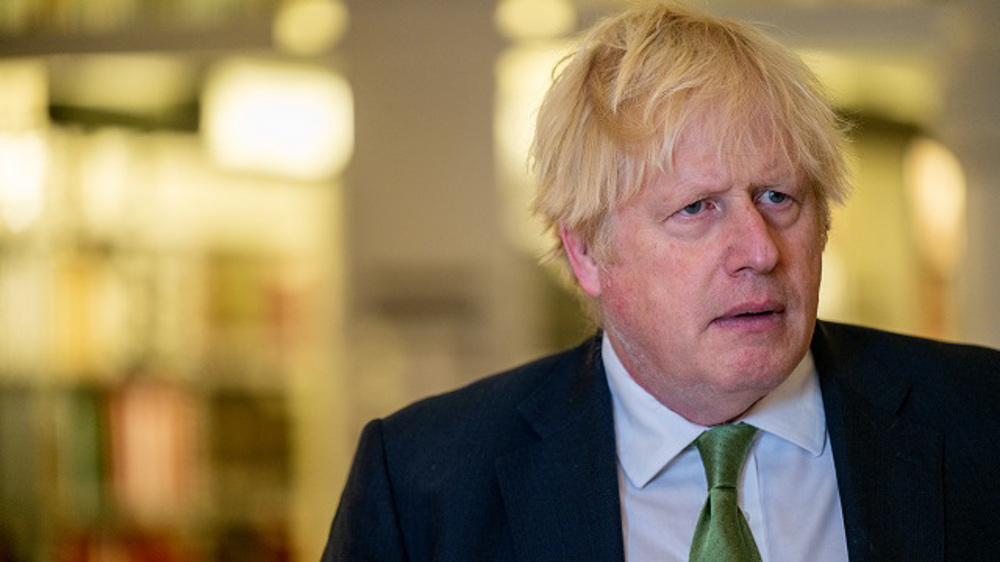Victims’ relative slam UK COVID probe as ‘farce’ for non-inclusion
As a probe is set to be launched into the UK government’s handling of the coronavirus pandemic, the victims’ relatives have called it a “farce” for not being called to give evidence.
“Without learning from the experiences of our members, how can the inquiry properly evaluate the decisions made by those in charge?” said Barbara Herbert, a member of the COVID Bereaved Families for Justice group who lost her husband Paul to the virus.
“We are people that will be able to put reality to the theory that [senior judge Heather] Hallett is testing, that has got to happen, otherwise it’s just a farce,” added Saleyha Ahsan, a doctor whose father Ahsan-ul-Haq Chaudry also died.
A spokeswoman for the inquiry said the chair had not ruled out calling testimony from bereaved people in later phases of the probe.
The inquiry, chaired by retired judge Hallett, is split up into six sections called modules and looks into different aspects of the pandemic that claimed 227,000 lives in the UK and infected many millions, as well as its impacts.
The first phase of the inquiry begins on Tuesday and will focus on the UK’s resilience and preparedness in the face of the global health emergency.
Seventy witnesses will be questioned during the six-week first phase. It, however, will see no relatives of people who died from the virus engaged, drawing wide condemnations from the bereaved families.
The controversial probe has also requested unredacted WhatsApp messages from ex-prime minister Boris Johnson as well as ministers and key advisers.
The government of Prime Minister Rishi Sunak argues the inquiry’s request would breach the privacy of those who had worked in government and questions the relevance of the material.
Sunak was the finance minister during the pandemic. Johnson’s unredacted communications may also include exchanges at the heart of government relating to the ordering of three lockdowns in 2020 when Sunak was in charge of the country’s purse strings.
The government-funded public inquiry is scheduled to last at least until 2026.
VIDEO | 29 children die amid medicine shortage in Pakistan’s Shia-majority Parachinar
Washington was ‘aware’ of Israel’s nuclear weapons production since 1960s: Declassified doc.
Israel says troops will stay in occupied Syrian area for ‘foreseeable future’
Dec. 17: ‘Axis of Resistance’ operations against Israeli occupation
VIDEO | Russian general killed in Moscow bombing
Iran warns E3 against misusing JCPOA snapback mechanism
Gharibabadi: Iran’s enrichment program has no military objectives
FM: Protecting political borders of regional countries Iran’s red line












 This makes it easy to access the Press TV website
This makes it easy to access the Press TV website